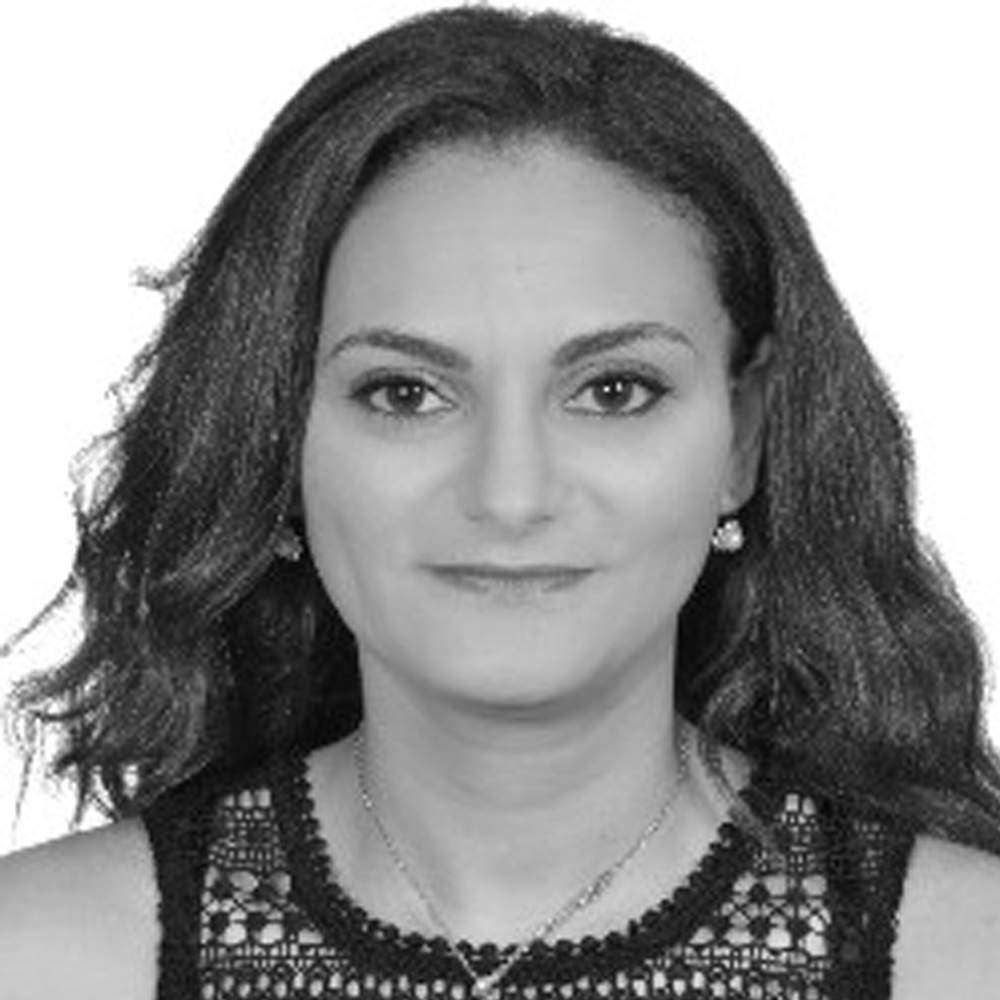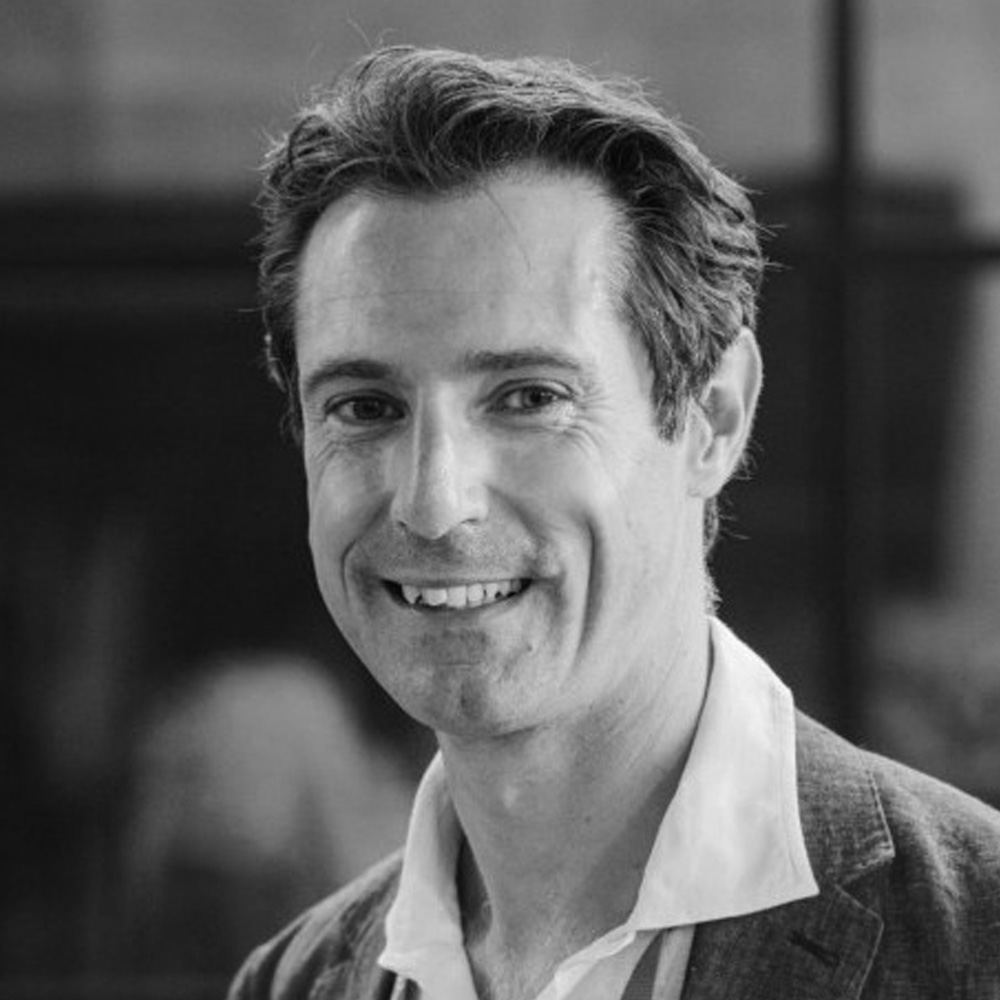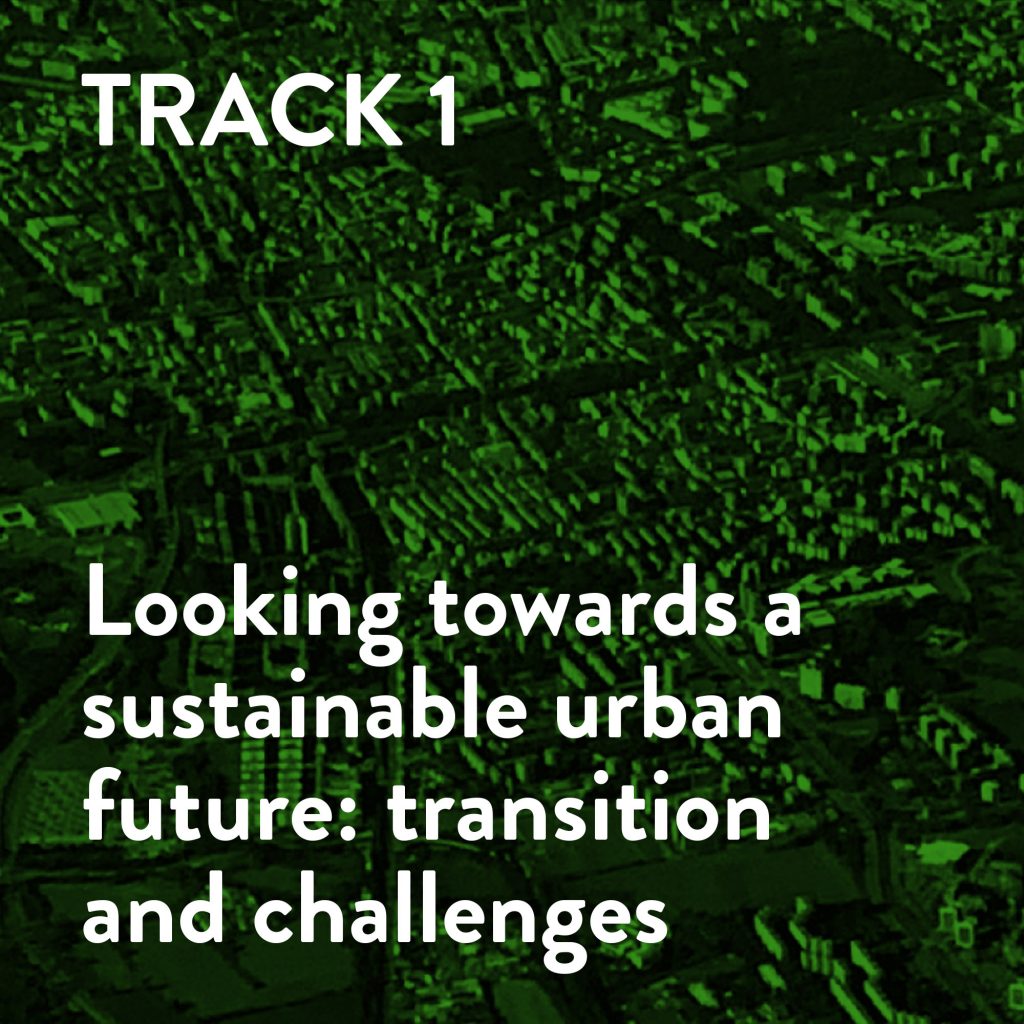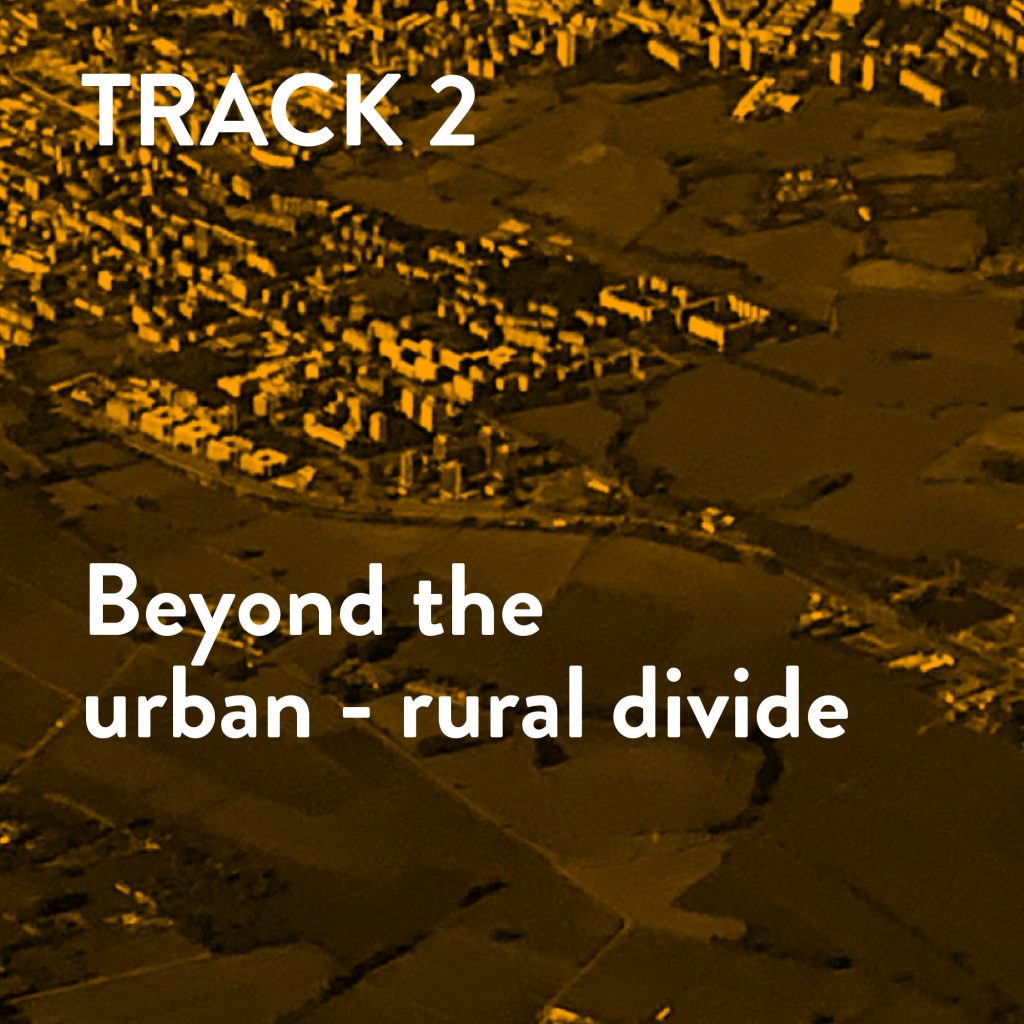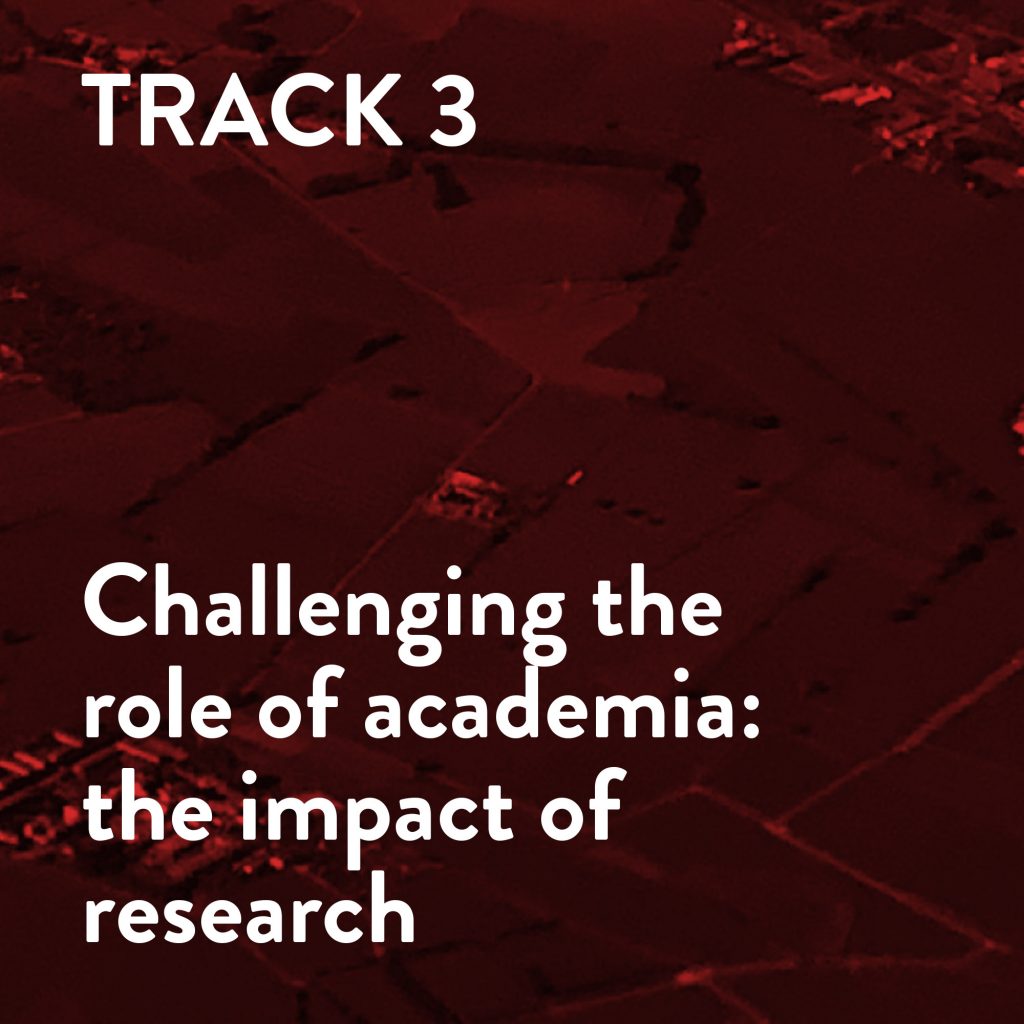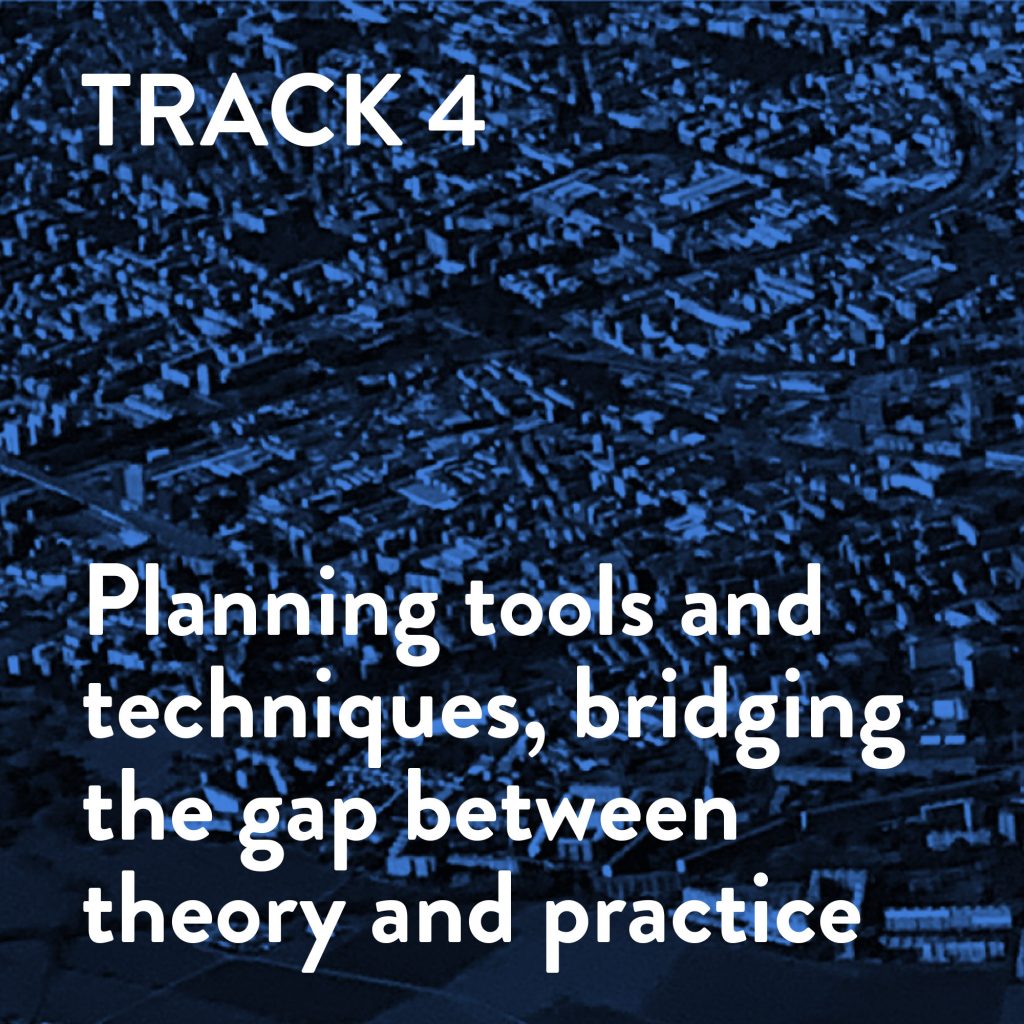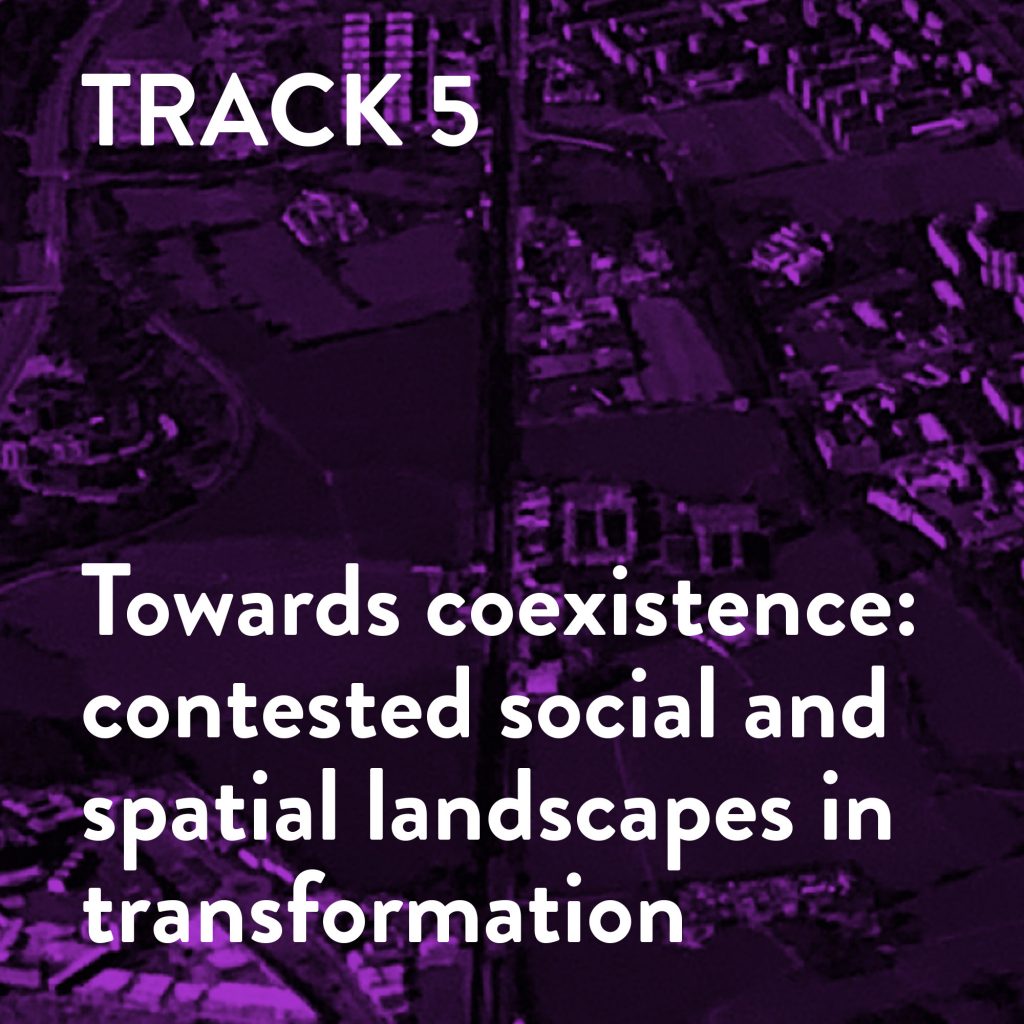Track 4
Planning tools and techniques, bridging the gap between theory and practice
Track Chairs: Israa Mahmoud (DAStU, Politecnico di Milano), Adriano Bisello (EURAC Research Center)
Track Coordinators: Abdallah Jreij, Jaime Sierra
Research is fundamental for the evolution of science –social and applied– and for catalyzing innovation and crafting better technologies related to our cities and beyond them. Social sciences, in general, and urban planning in particular, range from theory to practice and from policies to design and implementation. In a time where urbanity, which was once seen as the solution, is becoming more problematic (or at least being shaped by complex problems) and facing growing challenges in diverse forms and on different scales, urban research becomes more fundamental for finding solutions –through innovative planning tools– and responding to the timely challenges, tackling different aspects of our everyday urban and beyond-urban life. However, if research fails to be translated into practice, the impact of the work and effort risks having an impaired effect.
This track aims to endorse the implementation and applicability of research, firstly as an experimentation tool and, secondly, on a more diffused scale to solve rapidly growing problems that challenge the natural processes in which urbanity is formed. It invites contributions developing beyond theory and translated into design and practice. It aims to answer the following questions: How are urban theories translated into design, and how is design translated into practice? What are the tools urban planners and urban designers use? What are the best practices and the most prominent applicative research approaches, and what urban challenges are being addressed? Does the applicability of research give it more legitimacy? Does innovation emerge from the work of private studios, institutions, firms, and private research centres, or must it be developed within the core of academia? Are we witnessing a time when interdisciplinary research is becoming more crucial, as well as the collaboration between the university bodies (university-based research) and private entities?
Keywords and topics:
- Planning tools
- Digital tools
- Applied research
- Urban Design
- Experimentation
- Innovative planning approaches
- Best practices
